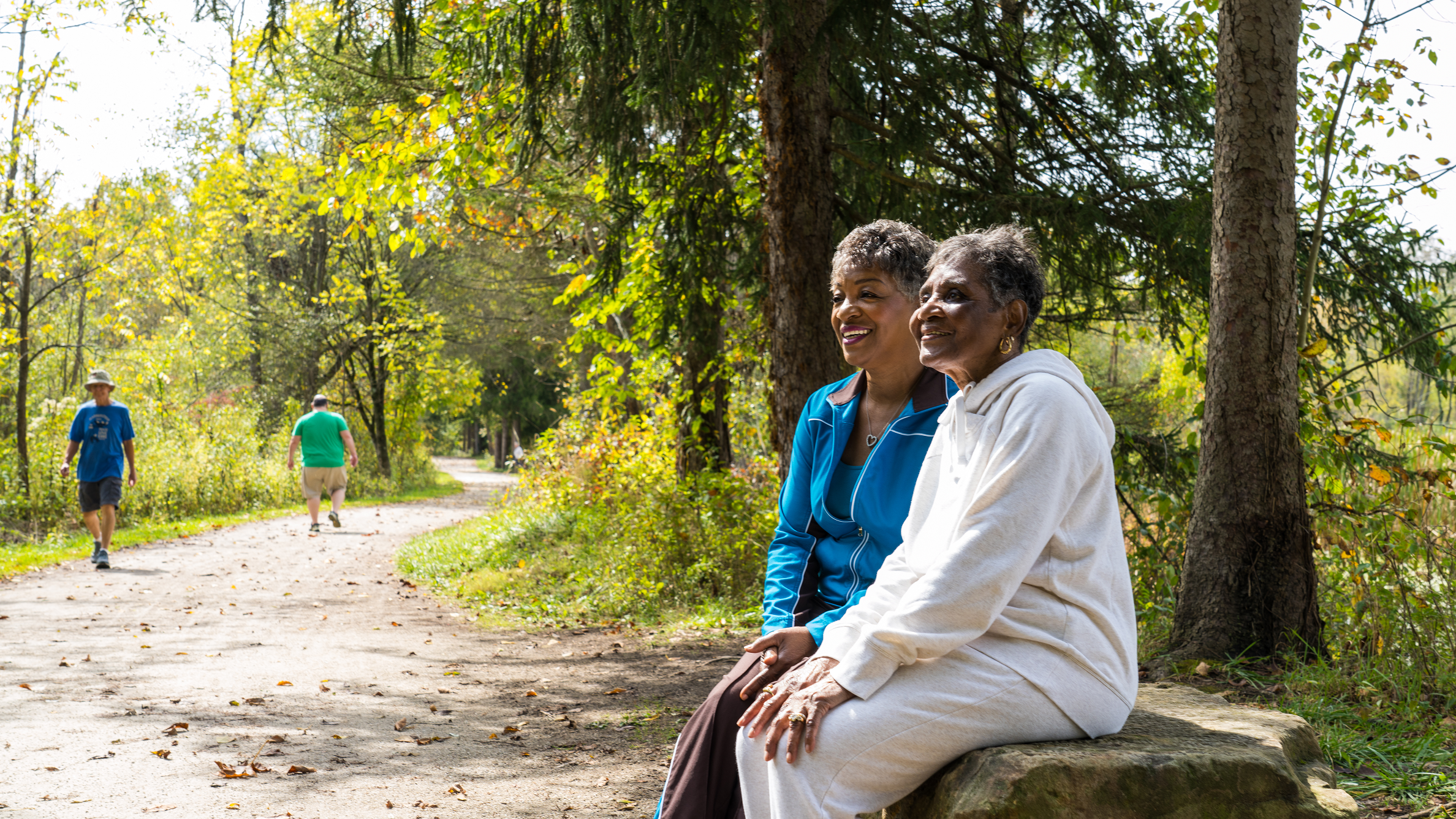
10-Minute Walk Local Policy Framework
Community Engagement
Building Shared Ownership and Civic Involvement
Community engagement policies create structures for residents, partners, and local governments to work together in shaping parks and public spaces. They help ensure that engagement is consistent, inclusive, and built into every stage of planning, design, and maintenance—so parks reflect the culture, priorities, and aspirations of the communities they serve.
When formalized through policy, community engagement becomes more than a single process—it becomes part of local governance. These policies build lasting civic infrastructure by creating pathways for residents to participate in decision-making, serve on advisory boards, or collaborate through community partnerships. The result is shared leadership, stronger relationships, and parks that strengthen connection and civic life.
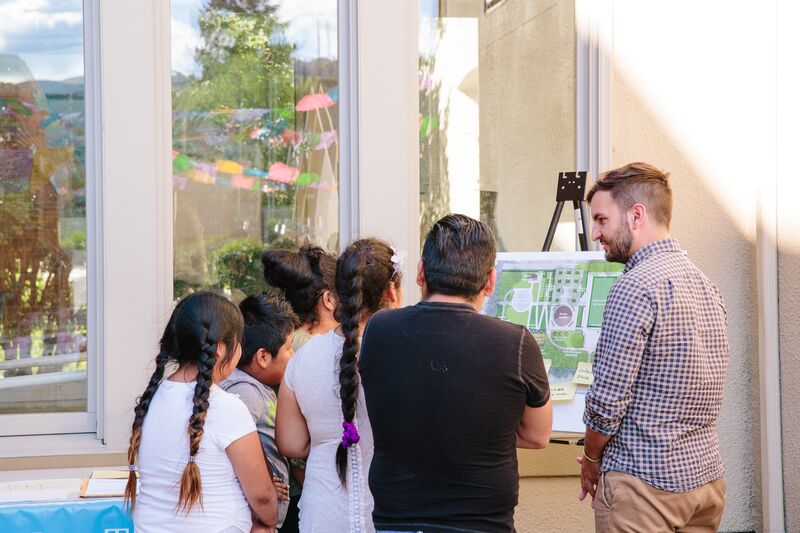
NEW REPORT
Grounds for Change
Grounds for Change: A Policy Playbook for Social Connection and Civic Life builds on Trust for Public Land’s Common Ground Framework, translating its research and principles into policy tools that help local governments engage communities early, activate parks as spaces for connection, and sustain long-term community leadership through inclusive policy. The playbook shares practical strategies, tools, and case studies that help cities make community engagement a lasting part of how parks are planned, programmed, and maintained—transforming participation into policy and everyday civic practice.
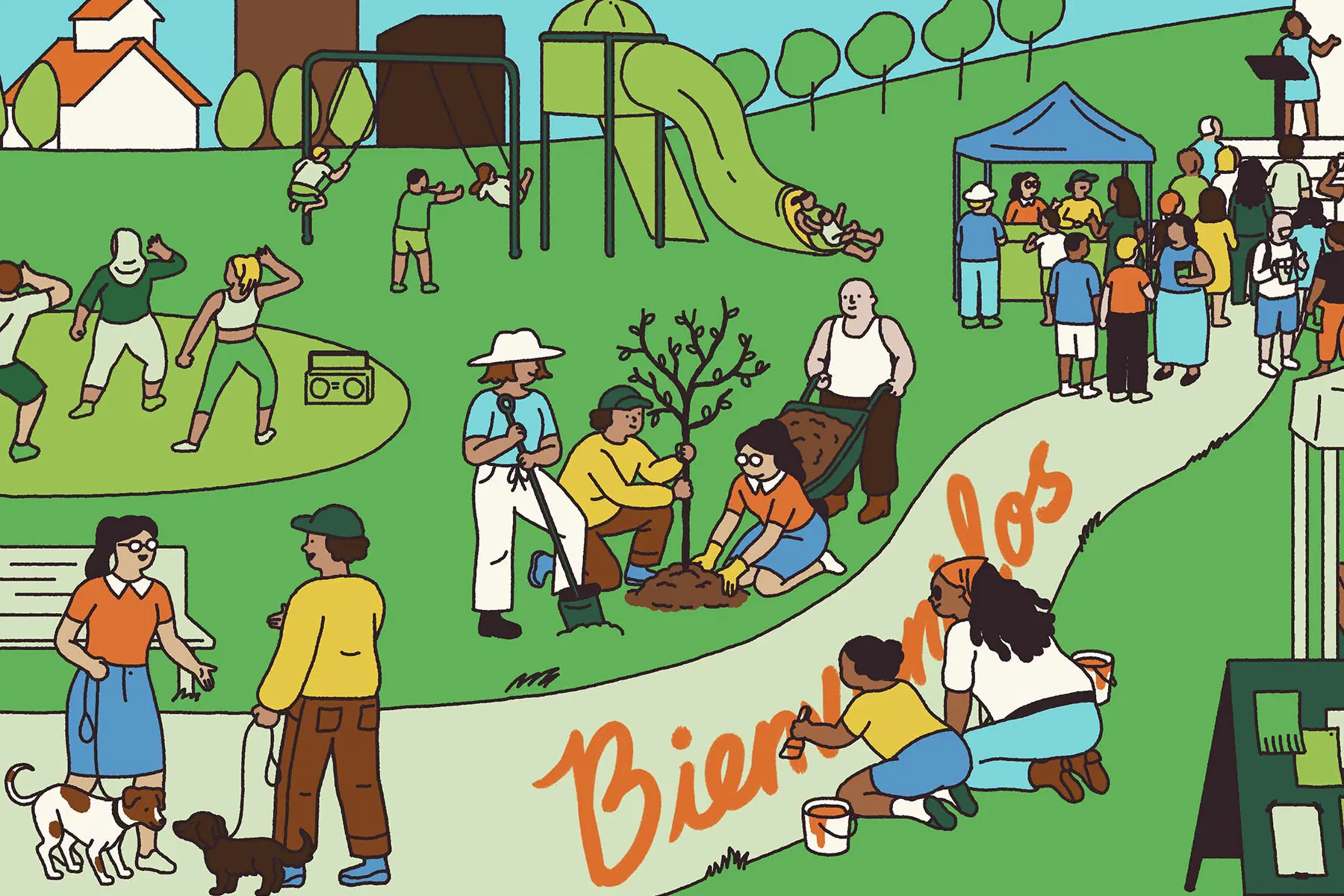
REPORT
The Common Ground Framework
Trust for Public Land’s Common Ground Framework offers an evidence-based model for community engagement, drawing on research that connects social connection, health, and civic life. It provides strategies for planning, programming, and design that strengthen relationships, foster belonging, and help communities thrive.
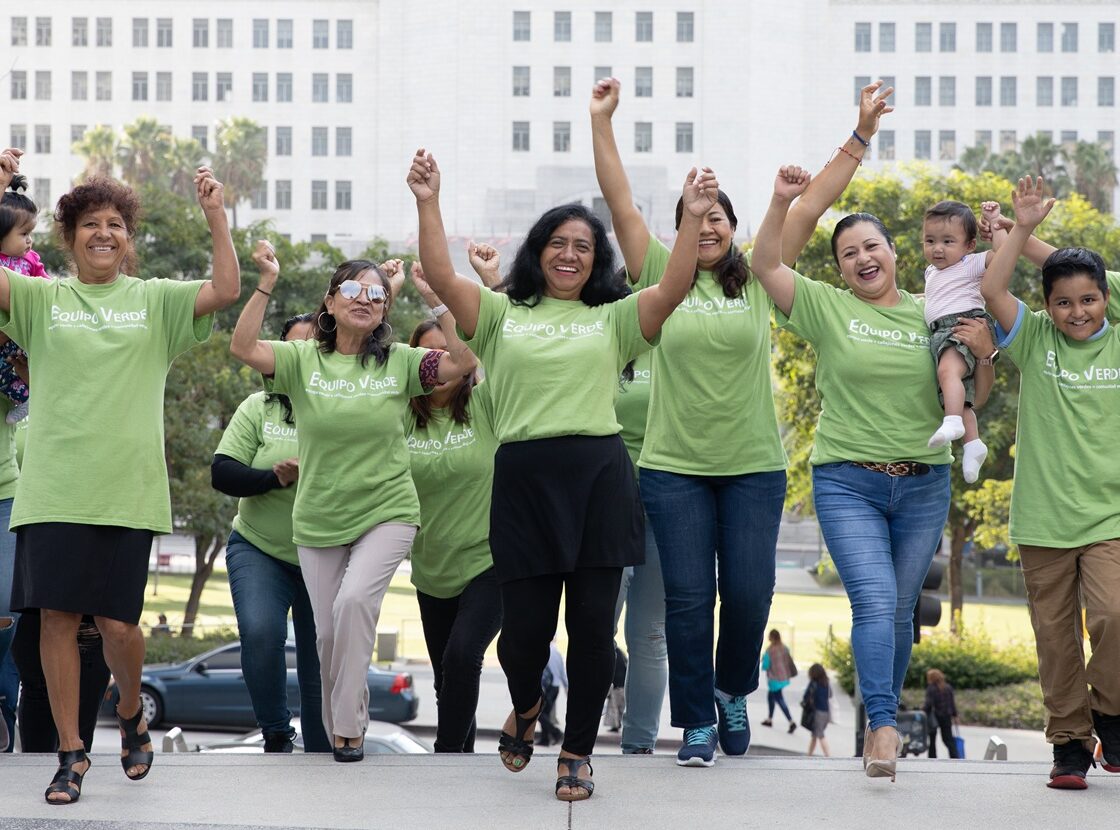
REPORT
Community Engagement for Lasting Impact
10-Minute Walk Communities of Practice
The 10-Minute Walk® program convened a group of 110 parks and planning practitioners from 50 cities to discuss best practices and opportunities for conducting meaningful, equitable community engagement. This group identified critical challenges that agencies face when engaging communities in parks planning, development and programming, this report compiles the following recommendations for how cities can answer those issues.
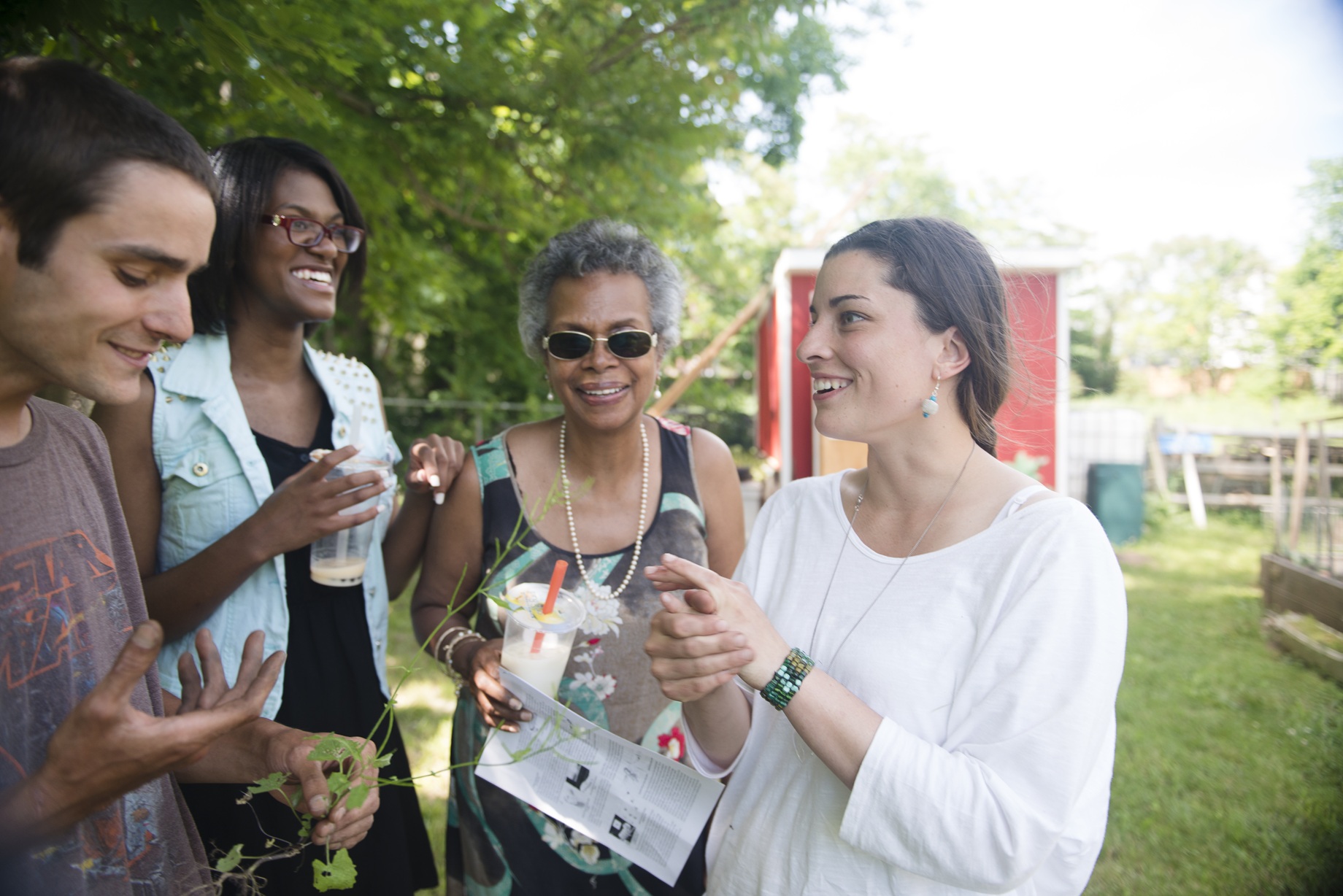
REPORT
Parks and Community Power
10-Minute Walk Communities of Practice
To better understand how community power is built and sustained in parks, the 10-Minute Walk® program launched a Communities of Practice track focused on Community Power: Civic Engagement for a Healthy Democracy. This series explored strategies and tactics that enable parks and programming to build social cohesion by providing a common ground where local relationships can develop intentionally and organically.

